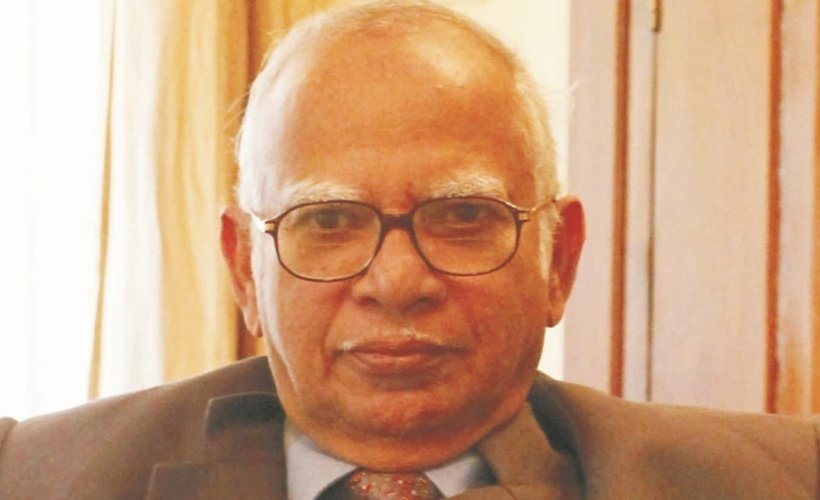
V. B. PRABHU VERLEKAR explains the various incomes that are taxable for Cooperative Housing Societies
There is a general misconception that income of Cooperative Housing Societies (CHS) is not chargeable to tax and therefore many do not bother to obtain PAN and file tax return. Though certain incomes of CHS are exempt, there are other incomes which are chargeable to tax. With requirement of online electronic filing of tax returns CHS, may not be able to escape filing of tax returns for long.
Basically, the surplus arising from various charges collected from the members towards maintenance, municipal taxes, parking charges etc. after deducting expenditure incurred towards maintenance expenses, water charges, municipal taxes, security etc. is not liable for tax on the ‘Principle of Mutuality.’
The main requirement in case of mutual association is ‘All contributors to the common fund must be entitled to be participators to the surplus and all participators to the surplus must be contributors to the common pool.’
In other words, there should be complete identity between the contributors and participators. Any amount collected from non-members towards rental charges for hoardings, mobile towers, use of open space, hall hire, parking charges or for any other facility is chargeable to tax.
Tax liability for non-occupancy charges, ‘transfer fee’ collected on transfer of membership of the society collected from members has been a debatable issue. This matter is now resolved with the decision of Supreme Court in the  case of Venkatesh Premises and many other non-resident societies which has held that these too are exempt from income tax as principle of mutuality applies to this on the premises that a person cannot make a profit from himself.
case of Venkatesh Premises and many other non-resident societies which has held that these too are exempt from income tax as principle of mutuality applies to this on the premises that a person cannot make a profit from himself.
The surplus generated by the CHS at the end of the year which can be represented by corpus fund, building fund, sinking fund, development fund, etc is normally invested in bank fixed deposits on which interest is earned. There was a controversy and litigation on whether interest earned on bank fixed deposit is exempt from tax on the ‘principles of mutuality’ or not. This matter is now finally settled with Supreme Court judgement in Bangalore Club vs. Commissioner of Income Tax which held that such interest on bank fixed deposits is liable for income tax as same is out of ambit of mutuality principles. This problem can be resolved by keeping deposits in any co-operative bank of repute which is exempt from tax.
Under section 80 P (2) (c) (ii), deduction upto `50,000/- is allowed to CHS from gross total income. Interest on deposits and dividends from investments in any other co-operative society is fully exempt u/s 80P (2) (d) of the Act. There is no basic income exemption limit for CHS. Income upto `10,000/- is charged to tax @ 10%; between `10,000/- to `20,000/- @ 20% and above `30,000/- @30%. In addition, there is 4% Health and Educational Cess on tax payable by way of additional surcharge. From assessment year 2021-22, resident cooperative societies can opt for flat rate of 22% instead of slab rate without claiming certain deduction as specified in section 115BAD(2) under the new regime.
Income tax return is required to be filed online electronically in Form No. 5 before 30th September of every year since CHS are subject to audit under Cooperative Societies Act. CHS are also liable for all the obligations as are applicable to other business entities in the matters of TDS payments, advance tax, returns etc. Even if CHSs income is nil after considering deduction of `50,000/- as above they should file the tax return since they do not have basic exemption limit. In case society has incurred loss, same will not be allowed to be carried forward for setoff against income of subsequent years unless return is filed within due date.
The CHS are also liable for Goods & Service Tax (GST) @ 18%, if taxable value of all services in a financial year exceeds `20 lakhs. However, maintenance charges upto `7500/- per month per member are exempt. There are over 2600 CHS in Goa. It is advisable for managing committees of CHS to review their tax compliances and other regulatory matters to avoid loss to members. Under recent amendments in Goa Cooperative Societies Act, CHS with less than 200 members can carry out audit through its own chief executive instead of chartered accountant or auditors appointed by Registrar of Co-op. Societies.





